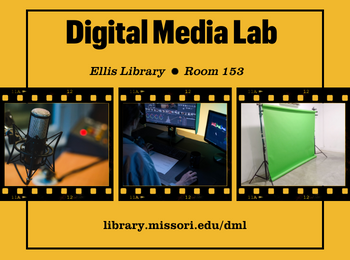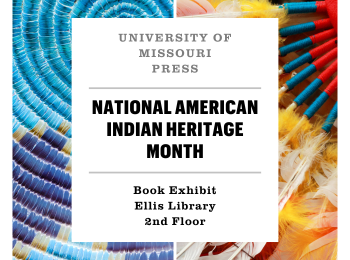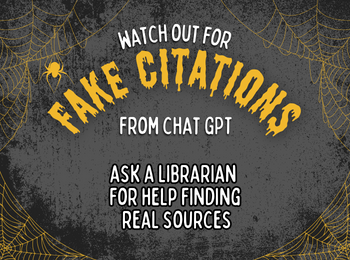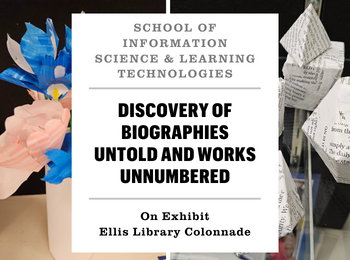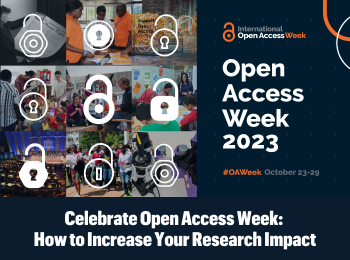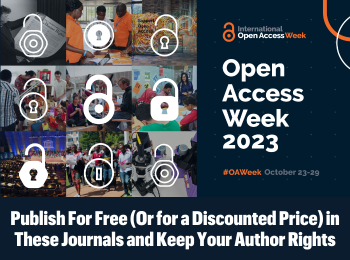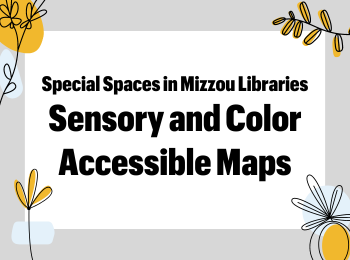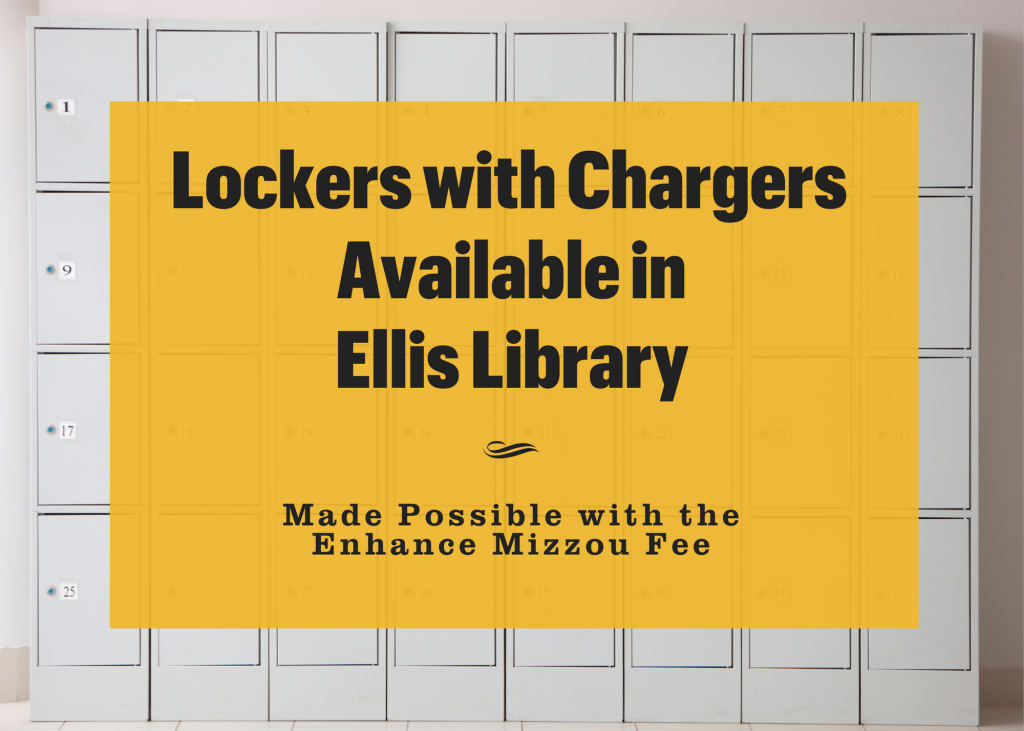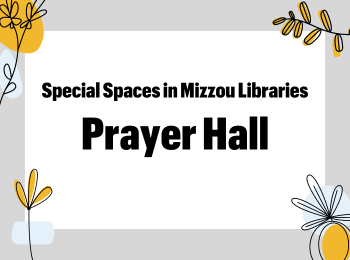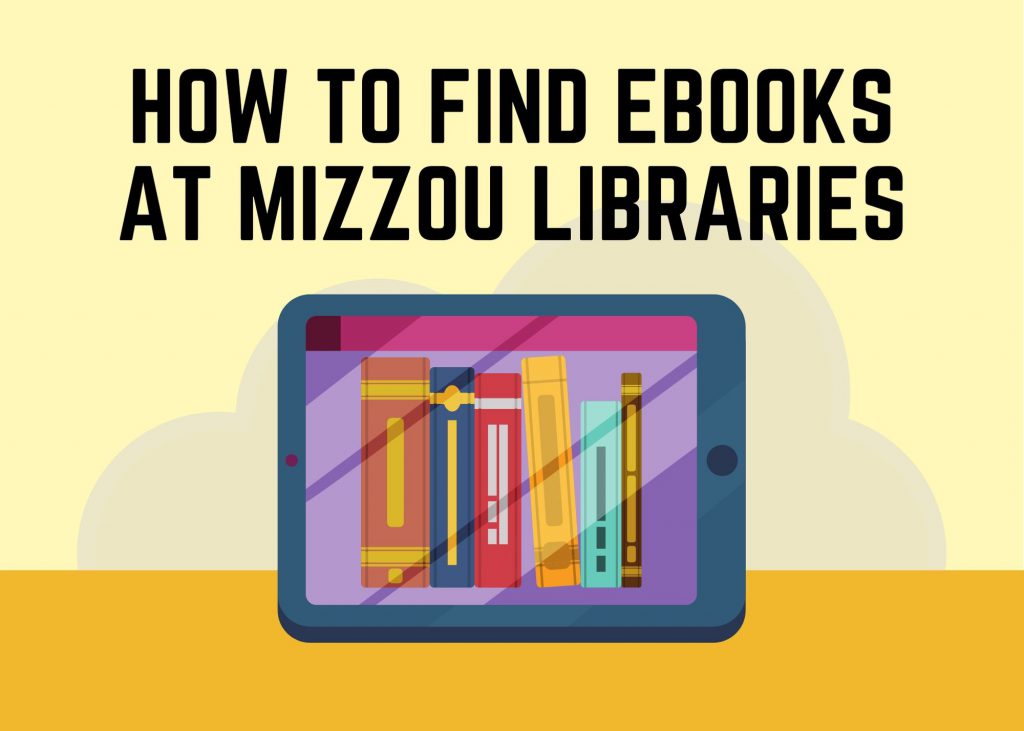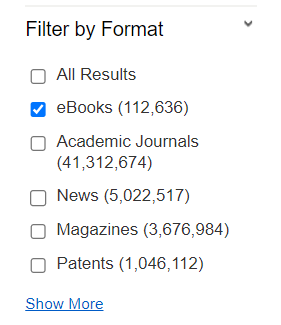Ellis Library Colonnade
From October 2023
“Discovery of Biographies Untold and Works Unnumbered” is now on display showcasing research and creative works completed by students enrolled in the Honors Seminar during Fall 2023, GN_HON 1050H, “Get Real, Go Places! Let Objects Take You There.” The eight-week course explores the study of material culture and the opportunities for research that objects and artifacts make possible. Students are introduced to the concepts of object biography, provenance, and approaches for interpreting, inspecting, and synthesizing objects through regular use of a sketchbook journal and student feedback. The course is taught by Dr. Sarah Buchanan of the iSchool at the University of Missouri (in the College of Education and Human Development) and by gallery, library, archive, and museum professionals based on the Mizzou campus who belong to the Material Culture Studies Group, established in 2014.
Art and heritage objects are often collected for their outward beauty, but a closer look even just beyond the surface can reveal many more fascinating layers to their story. Innovative combinations of method and material hold great promise for deepening our personal connections to representative art, or “finishing” the unfinished work of those whose legacies we encounter today. Our student showcase features 18 art objects created by 11 undergraduate students, each based on the class visit to a particular collection on the Columbia campus. Students created weekly syntheses reflecting on their visit and a culminating object analysis supportive of continued study.
On display here are papier-mâché geometric shapes in the style of an artist’s book in our Special Collections, a map of its exhibitions and placement in permanent collections, textile art inspired by Isaiah ‘Fireball’ Jackson’s “View of a Prison Cell,” a paper floral arrangement of irises and speculative blue peonies, digital art of a mirror inspired by UMKC Professor Hyeyoung Shin’s “Face the Music” in the Bingham Gallery, reflections from the concurrent student exhibit “TAM 2280: Designing with Ginger” Rogers, drawings of a coin depicting Justinian I (545-565 CE) and of a terracotta Silen mask (100s BCE), and an animation image of an Inuit shell reloader seen further in our neighbor exhibit on Alaska Native Heritage.
For their contributions to the success of the course we gratefully thank: Megan Ballengee, Jessica Boldt, Gary Cox, Kelli Hansen, Rachel Harper, Anselm Huelsbergen, Nicole Johnston, Benton Kidd, Madeleine Lemieux, Maggie Mayhan, Pete Millier, MU student Paige, artist Hyeyoung Shin, Candace Sall, Karlan Seville, and Joan Stack.
Trust in the process of discovery!
